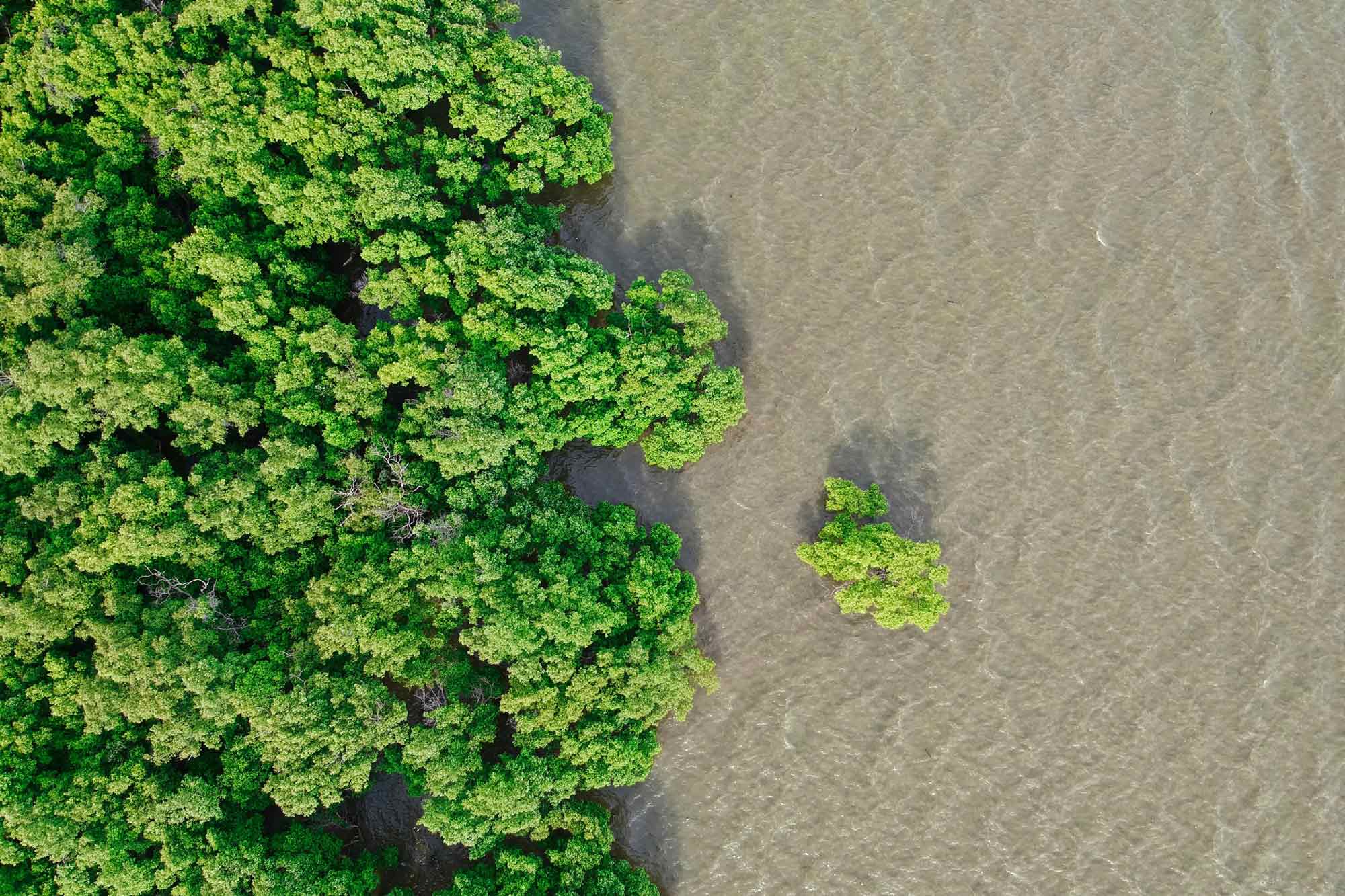On 8 June 2023, RSCF held a knowledge exchange webinar where RSCF partners Arbaro Advisors and ECOTIERRA shared valuable lessons learnt on developing strong pipelines of bankable, restoration-focused projects.
Hanna Skelly, Managing Director of Arbaro Advisors, highlighted the ongoing need for targeted fund manager support to accelerate the deployment of private finance for landscape restoration: “in our experience, the RSCF support can help faster deployment of funding with improved project preparation, which ultimately leads to more [restoration-focused] projects receiving funding.”
Hanna spoke to the common challenges involved in developing an early-stage sustainable forestry opportunity into a bankable investment. Hanna explained that often, “a lot of the assessments that are really necessary to prove the business case and make sure that its impacts are understood are not done. There may not be environmental and social impact assessments, baseline assessments are missing, technical feasibility studies are not independently verified, or market assessments are missing.” Usually, these assessments would be conducted by the project owner or developer, however they require funding, which is often absent.
“The only way for an investor to move forward is to undertake all of these studies. But this kind of preparatory work is quite risky, it costs a lot of money, it’s time-consuming and investors have a limited capacity to absorb broken deal costs,” Hanna explained. Co-funding from RSCF enables investors to proceed with environmental assessments and due diligence studies with a lower risk of broken deal costs being borne by the fund alone. Hanna emphasized that the benefit of these early studies are not only for the investor, “it’s important to note that the project developer or the owner also benefits because even if the investor does not move forward after all of the preparatory work, the project owner will still benefit from [the studies] and have access to this work.”
For Hanna, the key learnings from Arbaro Fund I were:
- Investments take longer than expected to get across the line. Even if multiple processes are underway simultaneously, assessments and negotiations can extend initial time expectations
- Investment scale should be large enough to have sufficient overheads to engage a good team, because good people are expensive
- Forest-based investments are increasingly at the forefront of investors’ minds due to the important role that forestry plays in carbon sequestration. This wasn’t as widely understood and accepted at the time of raising Arbaro Fund I, and there is accordingly a wider pool of investors now interested in sustainable forestry.
These lessons learnt from the experience of the Arbaro Fund I are now being applied to the development of a follow-on fund, the Arbaro Fund II.
Étienne Desmarais, CEO of Ecotierra, also emphasized the benefits of targeted fund manager support. He highlighted how RSCF’s support has enabled the Urapi Sustainable Land Use Fund to consider new crops, geographies and models, expand the project pipeline and to accelerate the investment process.
Étienne spoke to the insights gained from the Urapi Fund, highlighting the need to be adaptable to social contexts, changing market conditions, regulatory frameworks and evolving stakeholder expectations to ensure the fund remains relevant and successful.
“Adaptability is key. We cannot define an exact investment model, we cannot define exact policies or exact tools to do due diligence because we must adapt to thousands of smallholder farmers with different cultures and different practices. It is key for us to keep it flexible while we are growing as a fund manager.”
For Étienne, “governance is our biggest risk. We work with a lot of small organizations, facing a lot of governance challenges, without the capacity a lot of the time… so we are adding more and more resources to support [smallholder] governance.” This can take the form of establishing robust governance structures and ensuring partner compliance with legal and regulatory requirements to maintain transparency, accountability and investor trust.
The lessons learnt from developing the Urapi Sustainable Land Use Fund are also now being applied to the development of a follow-on fund with a similar investment strategy.





